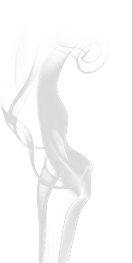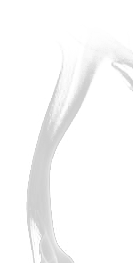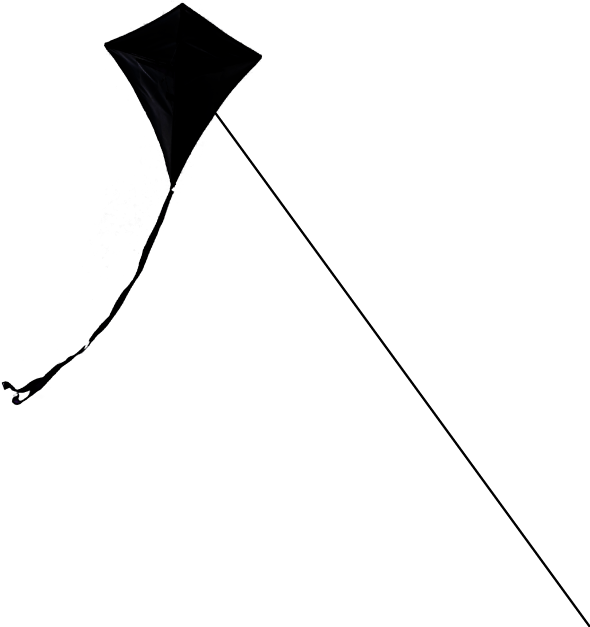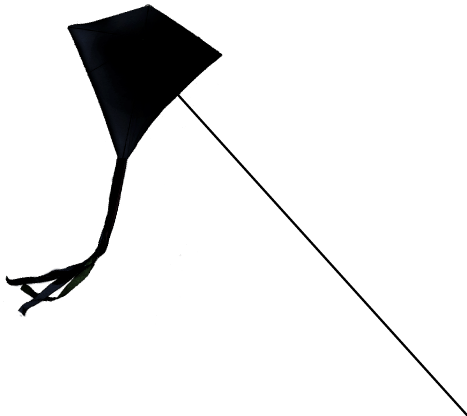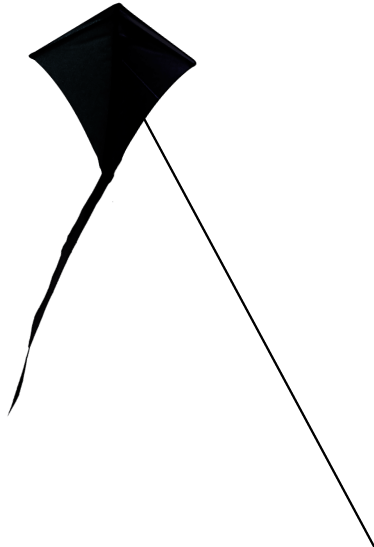WHAT I DO (With an appropriately convoluted style, Alex Pugsley tackles cultural apathy in this engaging, stream-of-consciousness piece)
So how can I answer your question? The easiest way to describe what I do is … well you know the opposite of heaven? Well I would be what you’d call the CEO of that. Basically the highest-up. See when the other guy before me took his package—and this would’ve been back in 2006. No, I tell a lie. That was 2007. Well when he bailed, my fellow colleagues brought me up the ranks to be the chief guy and, got to say, it’s a pretty powerful position with a lot of unique opportunities. Almost unlimited. But with that comes a lot of responsibility. Typically in a week I’m going to see murderers, arsonists, abusers of the helpless, oppressors of the poor. The whole spectrum, effectively. Job description’s pretty wide open on that count. Which isn’t a bad thing because those are the core businesses and you don’t want to expand too far away from them too fast. But I was brought in to come up with new ideas. And maybe some of those ideas are going to be unpopular with the old guard. That’s the chance you take. But I’ve sort of always been an ideas guy and in a reasonable time horizon I want to try and float out a few new ideas here and there. That’s the ideal. We plan to expand the core businesses into new markets, invent new products, and new ways to market established products. That’s my goal. In an ideal world. Because our target market—and focus groups aren’t going to support this, this is more an instinct thing—but I feel very strongly, and talking ballpark here, of course, but let’s ask ourselves this: When bad things happen to you, that’s bad, obviously. But what if bad things happen to other people? And good things happen for you? Is it bad when good things happen for you? Or for people like you? How can it be bad if it’s a good thing that happens—for you. We’re all human and we all deserve the same chance, naturally. Which is what anyone would think. But in point of fact, and this is a bit of a new headspace to get into, what’s good for you and what’s good for other people is often a non-starter. No one can track that. That’s a pick-a-number who-knows kind of thing. And not everyone’s going to know what the other people do. And if other people don’t know about it, or if they never find out about it, how can something be bad if no one really knows or cares what happens to say, a nothing person? Or a group of nothing people? And now we’re getting close to some of the newer initiatives I want to implement on a going forward basis and these are things that younger people like yourselves are going to track and bundle and see possibilities in the market that dinosaurs like us are never going to see. Don’t even know how to spell. You kids have your whole lives in front of you. What kind of crazy time horizon is that? Let me ask you this. What kind of goals do you really want to achieve? Because you got to have goals. Let’s keep in touch.
Alex Pugsley is a writer and film-maker originally from Nova Scotia. He is the co-author of the novel Kay Darling. As a screenwriter, he has written for performers such as Scott Thompson, Mark McKinney, Dan Aykroyd, Seán Cullen, and Michael Cera. He lives in Toronto.


